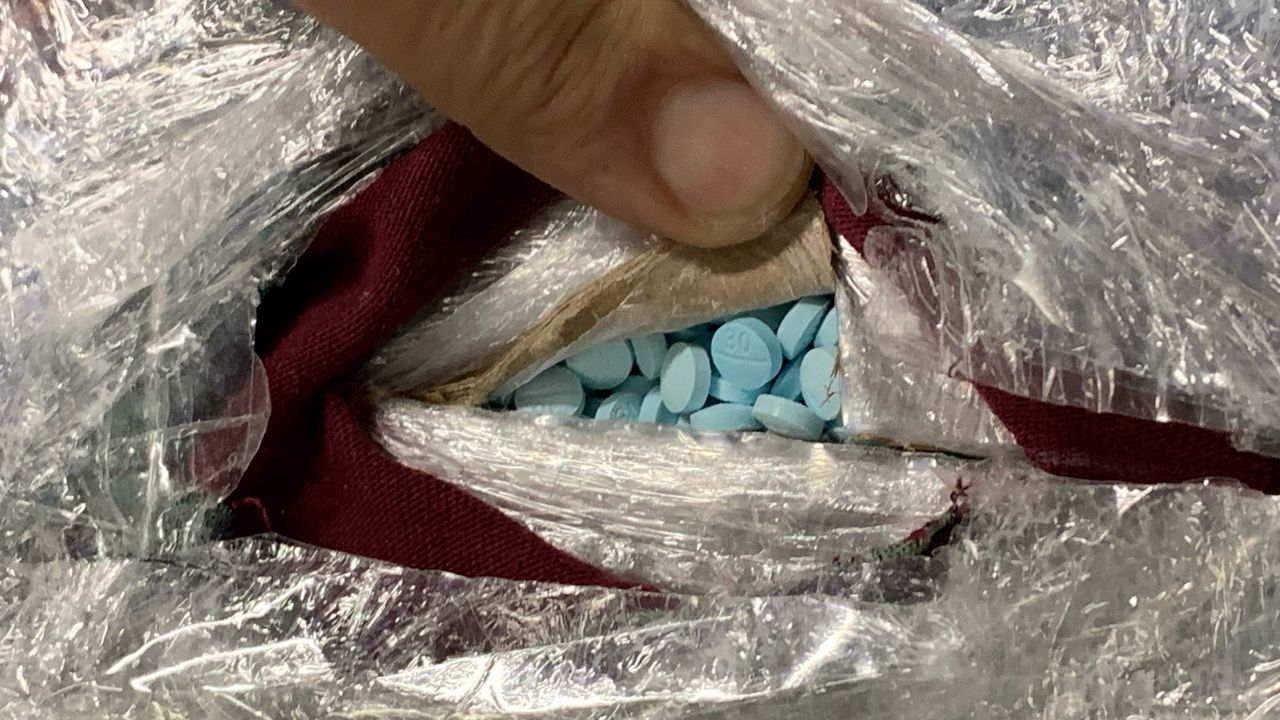Pharmacists and other licensed health care professionals would be able to dispense testing kits to detect fentanyl under a measure proposed Friday by Democratic state Sen. Peter Harckham.
The bill is being named in honor of Matthew Horan, a Westchester County resident who died of a fentanyl overdose in November 2020.
“Our hearts go out to the Horan family and all those who have lost a loved one to the scourge of drugs. The overdose crisis we are facing now is due to the dangerous practice of adulterating drugs with fentanyl, which can be deadly in even the smallest amounts,” said Harckham, the chairman of the Senate Committee on Alcoholism and Substance Abuse. “We need to stop as many overdoses as we can before they occur, and the best way to do so is by making sure fentanyl testing kits are widely available. These lifesaving tools need to be stocked in every pharmacy in New York, for starters.”
The proposal was made amid an historic rise in overdose deaths since the onset of the COVID-19 pandemic in March 2020. New York and the U.S. as a whole has seen a sharp increase in overdose deaths, and public health officials have sought to expand access to narcan, which is used to counter the effects of an overdose.
Fentanyl, a powerful opioid, has been blamed for the vast majority of overdose deaths in the United States.
Oneida County Executive Anthony Picente's office on Friday reported there have been five overdose deaths alone this month in the county, reaching 87 so far this year. More than half have involved a combination of cocaine and fentanyl.
“The introduction of fentanyl into the local drug supply is driving up deaths at an alarming rate and we feel this warrants a special alert focused specifically on fentanyl trends in Oneida County,” Picente said. “Anyone who uses street drugs of any kind should be aware and take extreme precaution.”
Testing strips can be used to detect the presence of fenntanyl in different narcotis like cocaine, heroine, methamphetamine and marijuana, but remain inaccessible in many communities.
Under the proposal made Friday, test kits would be limited to five per person at a time, and could be stocked in pharmacies, hospitals and health clinics.



